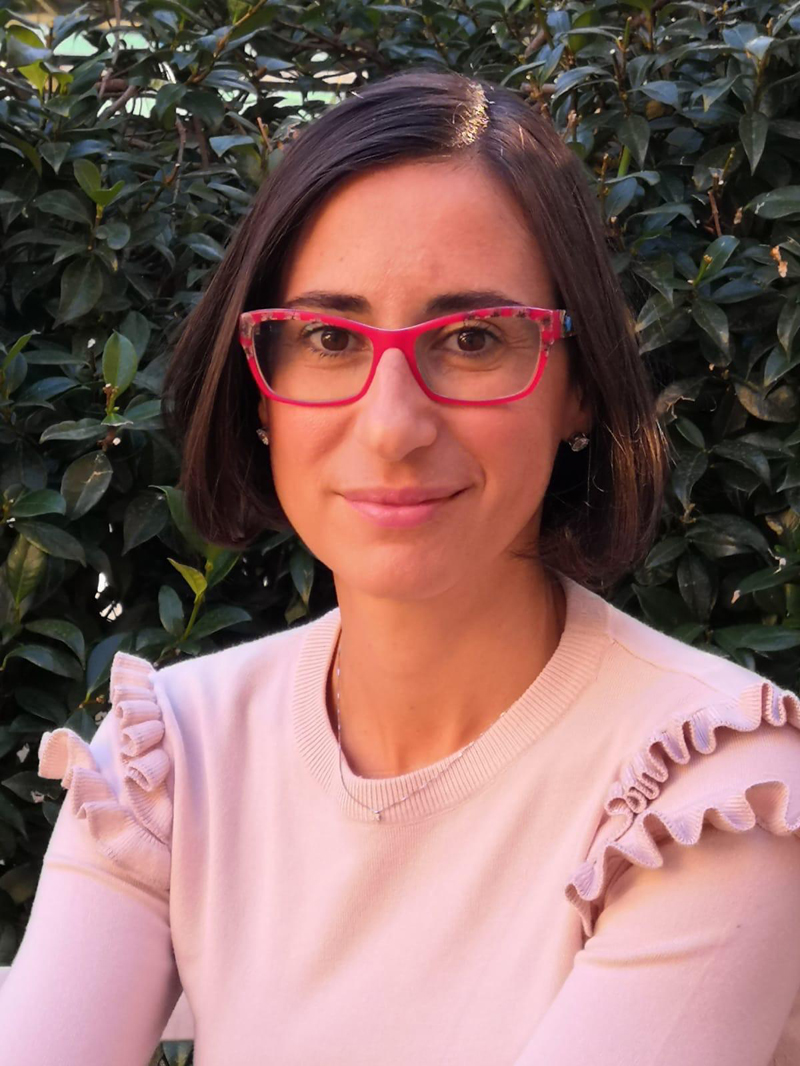Luisa De Vivo, 2020

Career Development Award Project Title
Chronic sleep restriction and substance abuse during adolescence: effects on synapses, neuroinflammation and behavior, 2020
Who she is
Luisa de Vivo got a B.S. and M.S. in Marine Biology from the University Politecnica delle Marche, Italy. During her studies, she became passionate about the brain and decided to start a new journey, obtaining a PhD in Neuroscience from the same University in 2011. For her postdoc training, she moved to NEST Laboratory – CNR Nanoscience in Pisa, Italy where she worked under the mentorship of Gian Michele Ratto. Between 2012 and 2018, she joined the laboratory of sleep and consciousness directed by Giulio Tononi and Chiara Cirelli at the University of Wisconsin-Madison (USA). In 2019, she moved to UK, where she worked as independent research fellow at the School of Physiology, Pharmacology and Neuroscience, University of Bristol. Thanks to the Armenise Harvard Career Development Award, she moved to Italy at the end of 2020 and established her laboratory at the School of Pharmacy, University of Camerino.
What she does
Losing even few hours of sleep can negatively affect our cognitive performance and behavior, and sleep impairment has been associated with a variety of diseases, including neuropsychiatric and neurodegenerative disorders. But why is sleep so important for our health and how does sleep loss lead to altered behaviour? Luisa de Vivo is interested in understanding what happens to brain cells when we do not get enough sleep. While in US, Luisa de Vivo used morphological parameters to define sleep loss at the single cell level (de Vivo et al., 2016 Sleep) and measured how synapses are differentially remodeled across different physiological states (de Vivo et al., 2017 Science; Bellesi, de Vivo et al, 2017 J Neurosci).
In her new Armenise Harvard Laboratory she plans to map the biological mechanisms that regulate sleep and that link impaired sleep to altered brain development and neuropsychiatric disorders. To this aim, she proposes to integrate behavioral, functional, morphological, and molecular measures to not only determine the long-term consequences of chronic insufficient sleep across development, but also to identify novel strategies to improve mental health.
News from the Lab
Luisa de Vivo is leading the laboratory of Sleep and Mental Health where she is investigating how adolescent chronic sleep restriction contributes to the development of substance use disorders and related neuropsychiatric comorbidities later in life.


